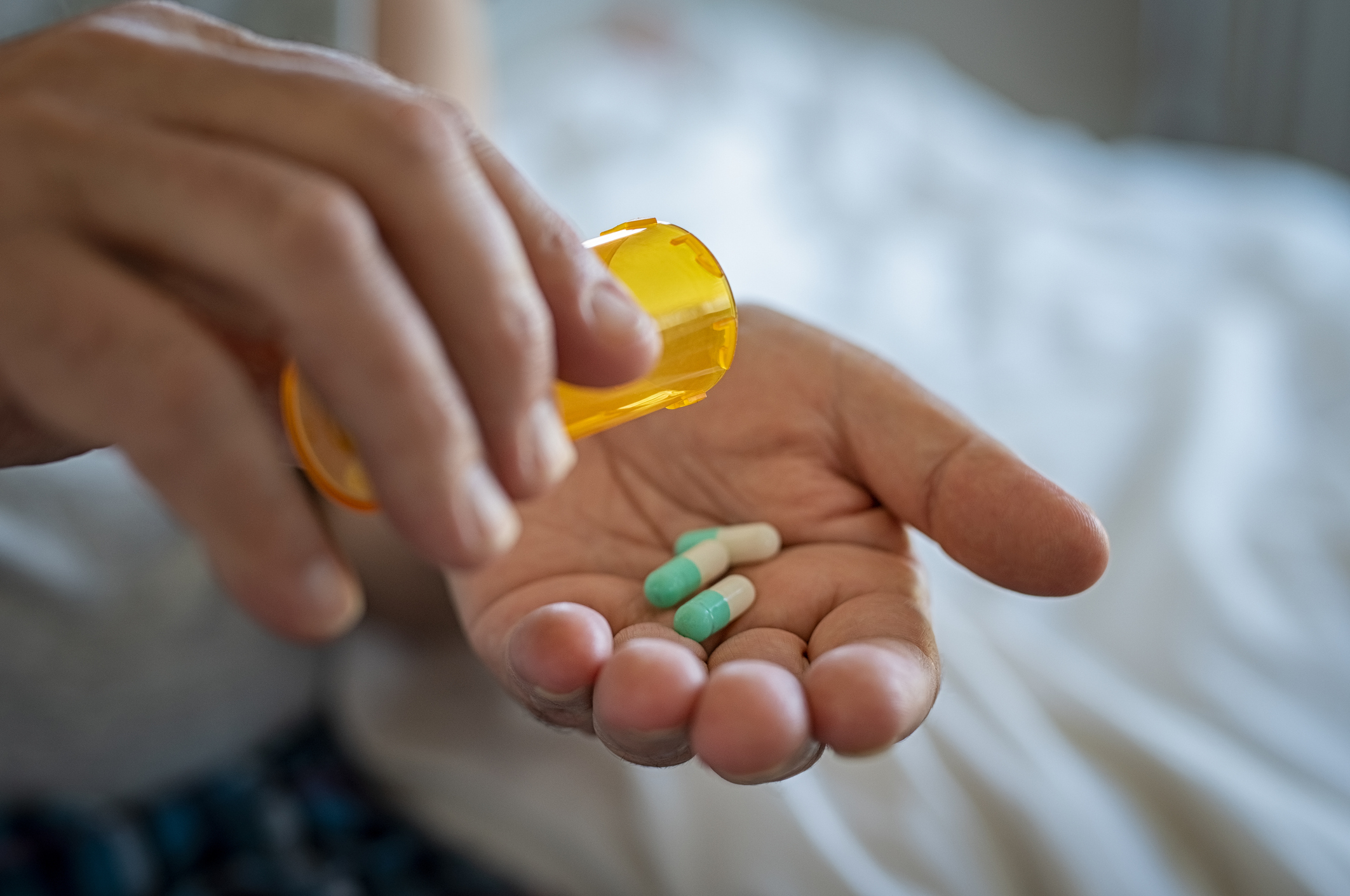
16 Nov Curriculum on Social Dimensions of AMR fills gap in AMR Education
With Antimicrobial Awareness week just around the corner, there is no better time to introduce the newest curriculum from Sonar-Global. The Special-Soc training on Antimicrobial Resistance (AMR) is a specialized social science educational curriculum designed to give trainers the knowledge, tools, and materials that they need to teach AMR from a social science perspective. This curriculum is one of the first in this field and is crucial in developing a holistic understanding of AMR. You can view the entire curriculum on the Sonar-Global website here.
Assoc. Prof. Danny de Vries (UVA, AIGHD) and Karlijn Hofstraat (AIGHD), along with enthusiastic social scientists with an expertise in AMR, have co-authored an open-access curriculum to be used by educators to instruct social scientists about AMR in a social context. The threat of AMR is an extremely serious and relevant issue; however, many social scientists are not equipped with the tools and knowledge to fully understand the scope of the problem. This is particularly reflected in the underrepresentation of the social science discipline in AMR scholarship. AMR is a multifaceted and multi-sectorial growing public health problem, which needs to be tackled urgently through a collective and interdisciplinary effort because the drivers of AMR are not just biological, but also social, cultural, political, and economic. To effectively contribute to a solution to the global AMR threat, it is crucial to further educate students and social scientists alike, which is precisely the purpose of this curriculum. In the long run, introducing the curriculum will contribute to heightened awareness and increased social science delegation in AMR research and in the development and implementation of AMR initiatives, and it will help facilitation of collaboration with non-social scientists operating in the field.
It is essential that social sciences take a central role in thinking through the challenges of AMR. This is an anthropogenic problem – one of science’s solutions becoming science’s problems. Social research is required in order to discover how to move on from here – both to understand how we are so entangled with antimicrobial medicines in healthcare and beyond, and to understand how some people bear the costs of this and others reap the benefits.
Much of the current research on AMR, both qualitative and quantitative, focuses on the behaviors of antibiotic end-users (patients taking antibiotics or farmers using them for their farm animals) and prescribers (doctors and veterinarians). Because of this, it assumes that the most efficient way to reduce AMR is for these groups of people to change their attitudes and representations. However, this perception is biased by a limited understanding of the role of social science and qualitative research that favors blaming individuals instead of trying to understand and disassemble the systemic drivers of AMR, whether they are social, historical, technical, economic or institutional.
What is new about this course?
In addition to being the one of the first curriculum focused on social science and AMR, this course will reconceptualize AMR as a ‘One Health’ problem by discussing how human, animal, food, and environmental antibiotic networks interact with one another, how they are interconnected and how they contribute to the trajectory of AMR. The course critically discusses influential AMR literature, provides case studies, and discusses the gaps in knowledge where additional research is not only possible but necessary.
The Sonar-Global AMR training curriculum is part of the capacity-building work package of the European funded Sonar-Global project. The curriculum is designed to train social scientists on the role of social science in AMR. The modules within the curriculum are adapted for individuals with no advanced knowledge of AMR, making it widely accessible to a broad range of scholars. It is a chance to connect and establish new networks with peers who share the ambition to contribute solutions to one of the world’s more pressing health issues. One of the independent modules integrated in the curriculum gives participants the opportunity to develop their own AMR projects. By adopting in the curriculum, educators will be equipped with the adequate networks, theoretical underpinnings, and tools to adequately deliver AMR education. This curriculum will inspire participants to improve or conceptualize new AMR research projects and contribute to this exciting field of AMR knowledge and governance. The Sonar Global AMR curriculum has the ability to train future scientists, experts and policymakers in combating the ongoing threat of global antimicrobial resistance.
